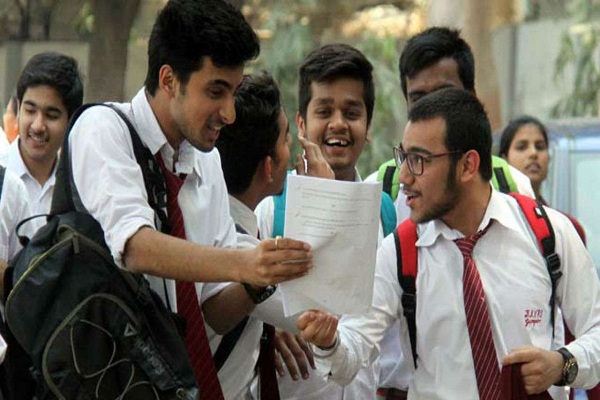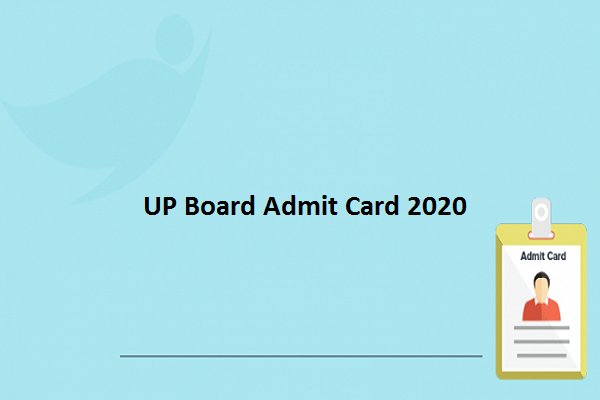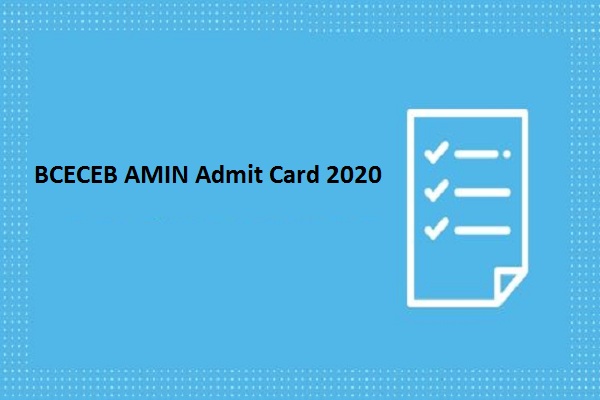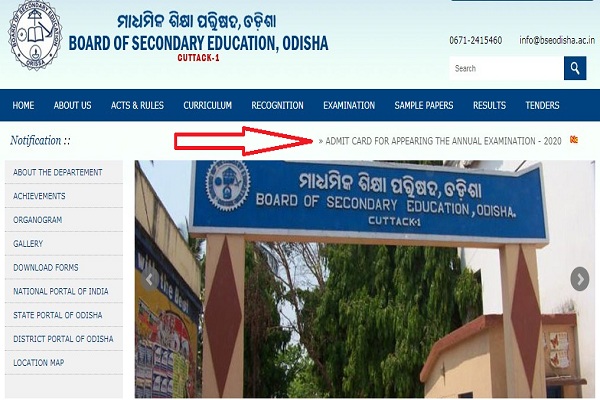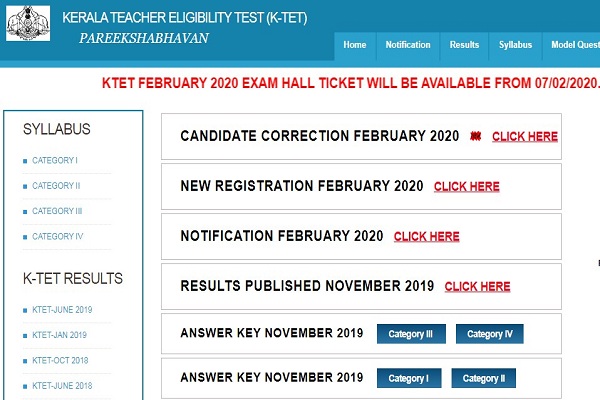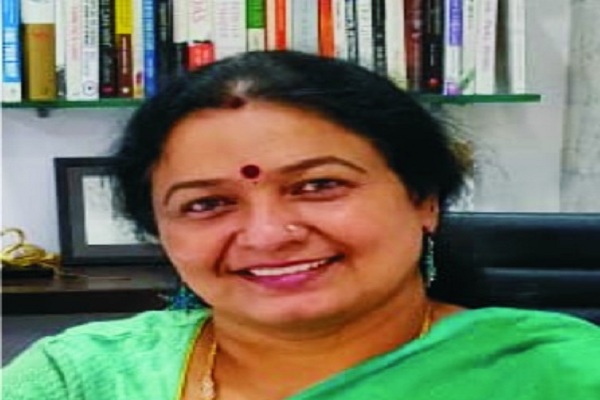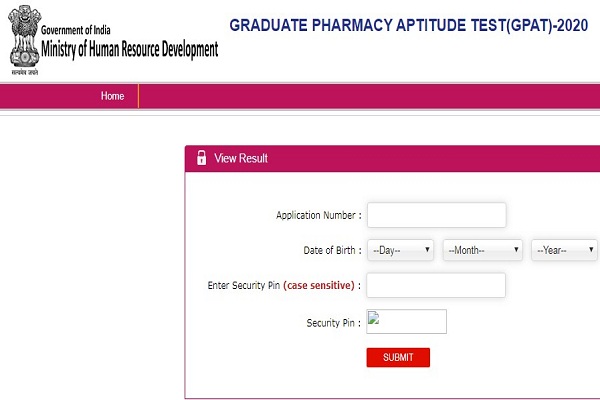After 72 years of Independence, we as a country have come a long way in terms of infrastructure, technology, healthcare and lifestyle. When I reflect and analyse, ‘no child left behind’ in terms of education still appears to be a distant dream. There is no doubt that constant efforts are being made to reform the existing education system. India is one of the richest countries in the most important resource – Youth. My vision is for the youth to take on the teaching profession infusing fresh ideas and renewed energies. For this, teaching as a profession should become a sought after one which is lucrative, respectable and quality-driven. Government and school managements need to invest in extensive teacher training and leadership training in order to bring in professionalism and thought leadership into the teaching profession.
Access for education for anyone anywhere anytime is what I aspire for. In my opinion, we need to leverage technology and Artificial Intelligence (AI) to reach places where there is the unavailability of human resources. This would ensure quality education reaching even the rural segments of our country.
In a world that is being driven by technology, Indians all over the world are leading this revolution; we need to leverage this platform to reach every nook and corner of this vast and diverse land. Teachers need to be equipped to handle technology and use artificial intelligence to their advantage.
Policymakers and educational reformers need to take the baton in their hands and eradicate rote learning and one-sided information download from the schools at all the levels. Innovative teaching-learning strategies focusing on conceptual learning, real-life application and developing skills to handle unpredictable should become the norm of educational institutions. Critical thinking, innovation mindset and problem-solving should become the way of students’ life. Progressive teaching-learning strategies like blended classrooms, collaborative and social learning, flipped classrooms, experiential learning etc, should become a part and parcel of every government and privately owned school and not be restricted to only the elite and few progressive schools of the country.
Student ownership in the learning process, self-discipline, clarity in expression and thought in students is my vision, which should be the priority focus of every educational institution. Teaching strategies to be more personalized in order to provide every learner with an opportunity to learn as per his or her learning style and capacity. Students should be empowered to draw out the road-maps for their life having flexible paths and choices as against schools or teachers doing it for them. Student assessments need to be student-specific; each child’s assessment needs to be personalised pertaining to the child’s learning graph. The true measure of a students’ learning is justified when compared to their own milestones. This is the only way to ensure that each child’s progress is monitored and further enhanced productively.
The vocational education ecosystem of our country in its existing form has proven to be ineffective. This is largely due to lack of effective academic content, structure, defined outcomes and a negative perception around the same. Advanced vocational skills training has become the need of the hour in order to generate desired employability on completion of the same.
The purpose of education is often misunderstood. It should not be the means to becoming a big, rich person. It should be about humanism. Students must be taught in-depth about the morals of life and enriched with human values. They should be cognizant of the rising need for environmental consciousness. Sustainability and minimalism are the way forward. Hence, my vision for education transformation would be a fine balance between machine learning and human values. A conscious effort to bridge the urban-rural divide by optimising the technological advancements to reach every child is the driving force behind my actions. While the entire nation is discussing the New Education Policy (NEP), I sincerely hope for the NEP to bring about the changes that will help my vision turn into a reality.
To conclude, road mapping, early intervention and sustained individual support for every student are key to bring about transformation in education.
The views expressed above are the personal opinion of Dr Jyothi Reddy Ghanta, Founder Principal, The Shri Ram Universal School, Hyderabad.






